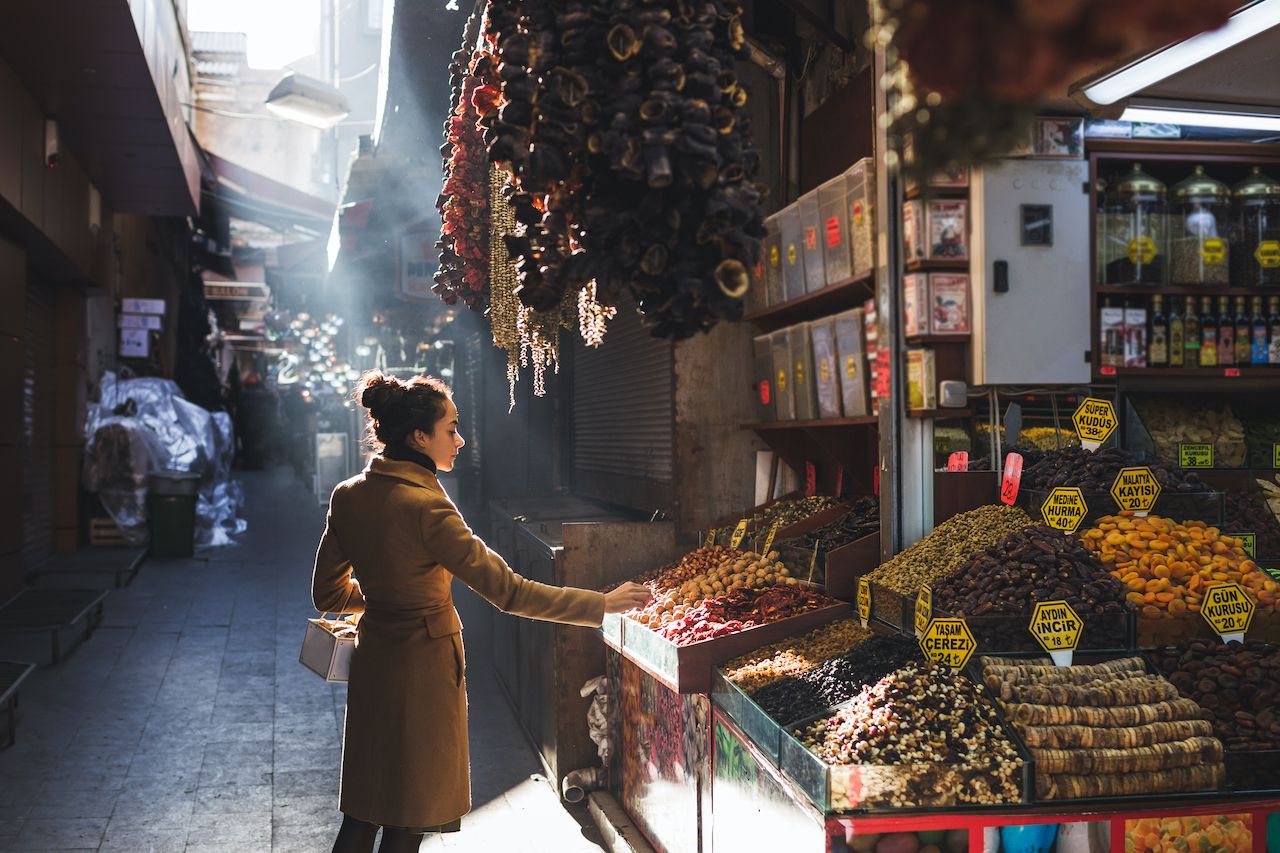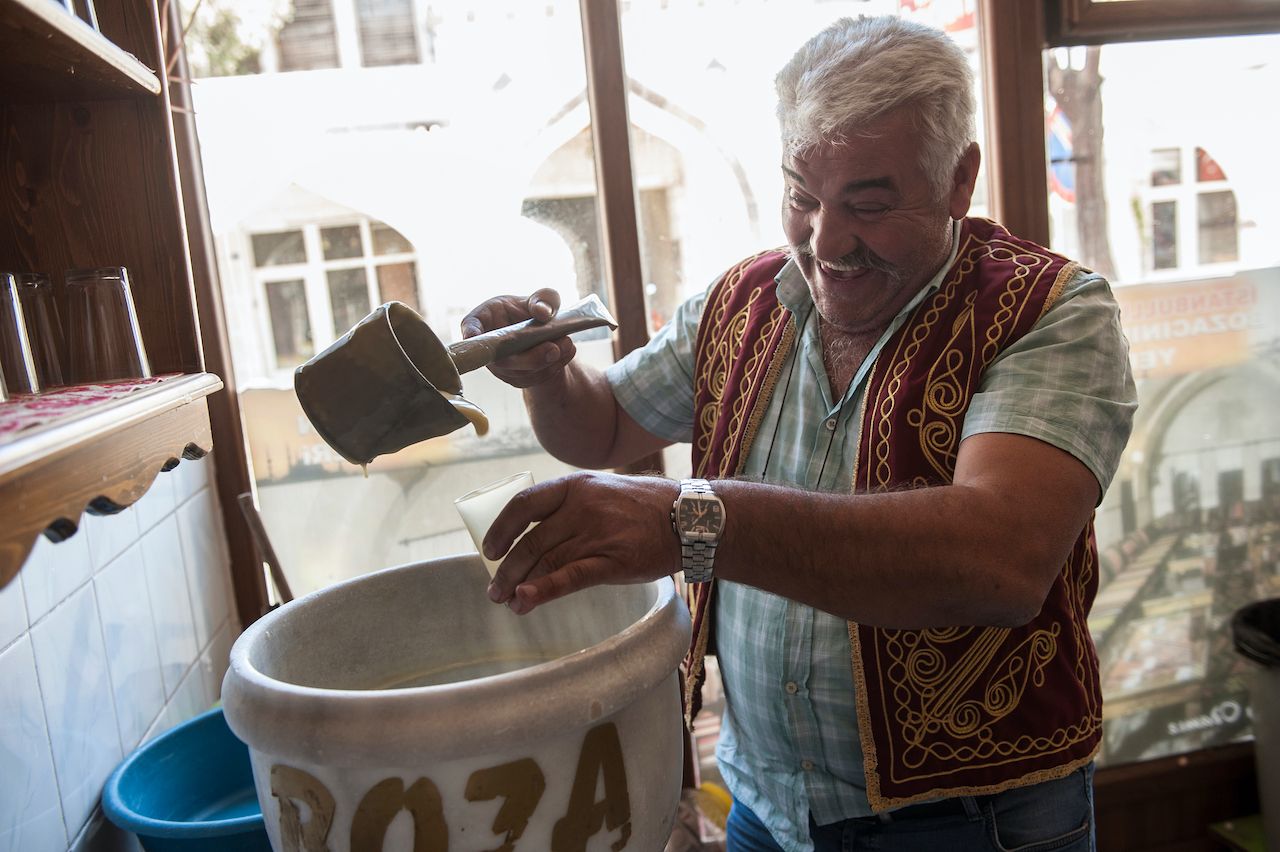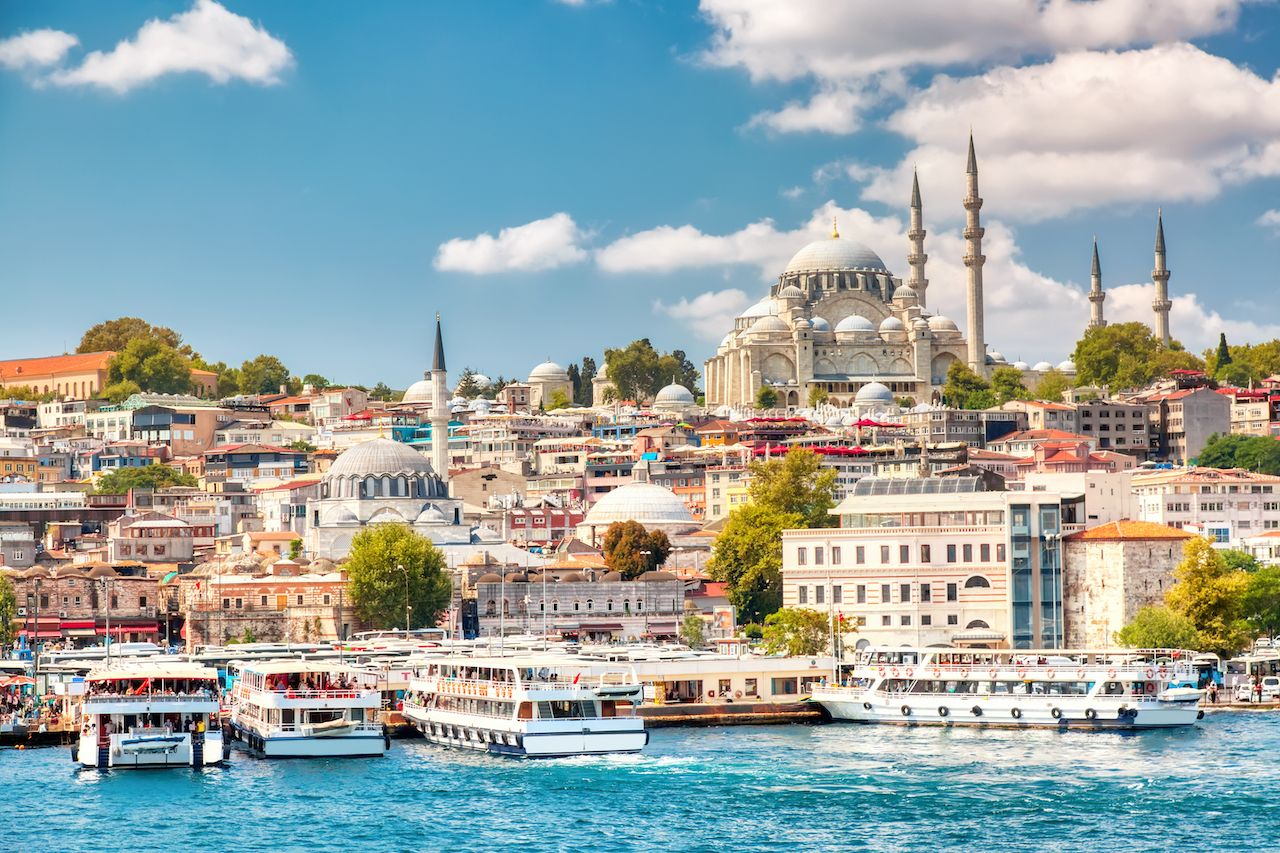1. You don’t have to wear a headscarf.

Photo: Breslavtsev Oleg/Shutterstock
While most Turks are Muslim, it’s a secular, not Muslim state. That means there’s no dress code set by the government and women are free to choose what they wear. As a result, Islamic dress styles range from expensively fashionable designer sunglasses perched atop the latest in fresh-off-the-runway headscarves, to the head-to-toe black numbers most often featured in news reports about this side of the world.
What the media doesn’t show is that tesettür (modest dress) in Turkey competes with mini-skirts and hotpants. Facial and body piercing, along with tattoos, are also now all the rage among cool, young Istanbul and Ankara residents.
That said, you do need to cover up when you visit mosques, so no short skirts or pants, bare shoulders or arms. In addition, be mindful that the majority of the population is still fairly conservative when it comes to showing excess flesh. Dressing modestly is much appreciated but remember, you don’t need to wear a headscarf, unless you really want to.



